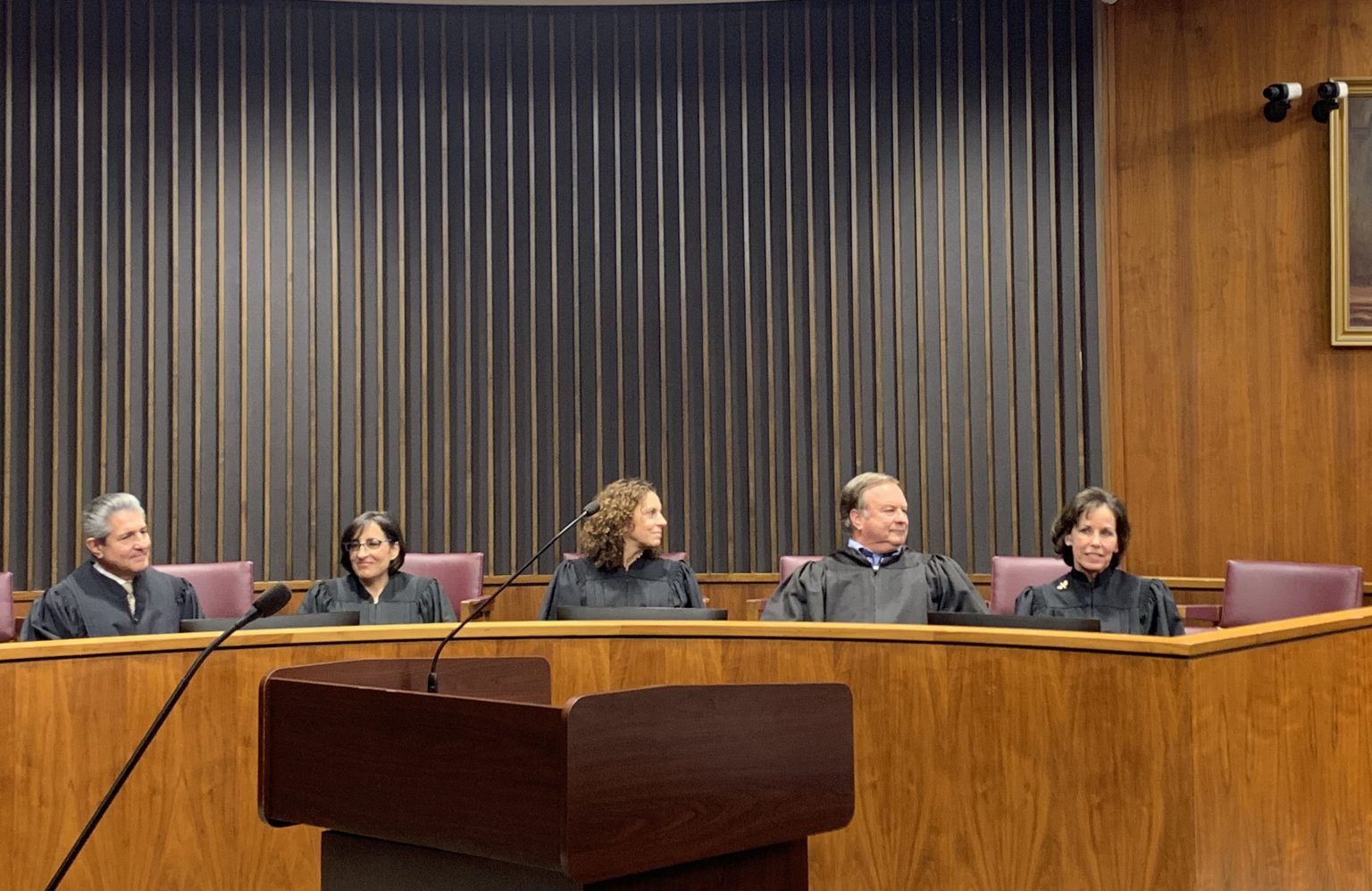Demystifying the Lawyer Bar Association: A Comprehensive Guide

Lawyer Bar Association
The legal profession is a unique field requiring rigorous training, ethical conduct, and a dedication to upholding the law. To ensure these standards are maintained, a carefully structured system of oversight exists, spearheaded by the lawyer bar association. This cornerstone of the legal system plays a crucial role in regulating the profession, serving its members, and ultimately protecting the public.
What is a Lawyer Bar Association?
A lawyer bar association is a voluntary or mandatory organization of lawyers licensed to practice law in a specific jurisdiction. Established at both national and local levels, bar associations serve as the voice of the legal profession, shaping policies, setting ethical standards, and providing vital resources to their members.
Key Functions of a Lawyer Bar Association:
1. Licensing and Admissions:
One of the most fundamental roles of a lawyer bar association is the regulation of who can practice law within its jurisdiction.
- Character and Fitness Examinations: Bar associations administer rigorous character and fitness examinations to aspiring lawyers, ensuring they meet the ethical and moral standards required to hold a license.
- Continuing Legal Education (CLE): To stay abreast of evolving legal landscapes, bar associations often mandate continuing legal education courses for their members, promoting professional development and ensuring competent representation.

2. Ethical Enforcement:
Maintaining the integrity of the legal profession is paramount, and lawyer bar associations play a crucial role in upholding ethical standards.
- Disciplinary Proceedings: Bar associations have established disciplinary procedures to investigate and address complaints against lawyers who may have violated professional ethics rules. This can range from reprimands to suspension or even disbarment.

3. Promoting Public Trust:
Lawyer bar associations actively work to build and maintain public trust in the legal profession.
- Public Education: They often provide legal information and resources to the public, helping individuals navigate the complexities of the law.
- Pro Bono Programs: Encouraging lawyers to provide pro bono legal services to those who can’t afford it strengthens the ethical foundation of the profession and ensures access to justice for all.

4. Advocacy and Representation:
Lawyer bar associations serve as the collective voice for lawyers, advocating for their interests and promoting policies that benefit the legal profession and the public.
- Legislative Lobbying: They engage in lobbying efforts to influence legislation that impacts the practice of law.
- Relationship Building: Bar associations foster relationships with other professional organizations, government agencies, and the judiciary, facilitating cooperation and communication.
5. Networking and Professional Development:
Lawyer bar association membership offers numerous opportunities for professional growth and networking.
- Conferences and Events: They organize conferences, seminars, and workshops, providing lawyers with continuing education and opportunities to learn from leading legal minds.
- Mentorship Programs: Many bar associations offer mentorship programs, connecting experienced lawyers with those early in their careers to provide guidance and support.
Joining a Lawyer Bar Association:
Becoming a member of a lawyer bar association is a significant step in a lawyer’s career.
- Mandatory Membership: In some jurisdictions, membership in the state bar association is mandatory for all licensed lawyers.
- Voluntary Membership: In other jurisdictions, membership may be optional, but it is strongly encouraged for all lawyers as it provides numerous benefits.
Membership typically involves an initiation fee, followed by annual dues.
Types of Lawyer Bar Associations:
1. State Bar Associations: These organizations regulate the practice of law within a specific state and are typically mandatory for all licensed attorneys in that state.
2. Local Bar Associations: Operating within cities or counties, local bar associations provide a more focused network for lawyers within a specific geographic area.
3. Specialty Bar Associations: These associations cater to lawyers practicing in specific fields of law, such as family law, criminal law, or intellectual property law. They provide specialized resources, continuing education, and networking opportunities for lawyers with similar interests.
The Lawyer Bar Association: A Vital Pillar of the Legal System
The lawyer bar association plays a crucial role in upholding the integrity and effectiveness of the legal system.
From ensuring ethical conduct to providing essential resources for lawyers and the public, bar associations are instrumental in maintaining public trust and ensuring access to justice for all. Whether mandatory or voluntary, membership in a bar association is a testament to a lawyer’s commitment to professional development and ethical practice, strengthening the legal profession as a whole.
